Archives
-
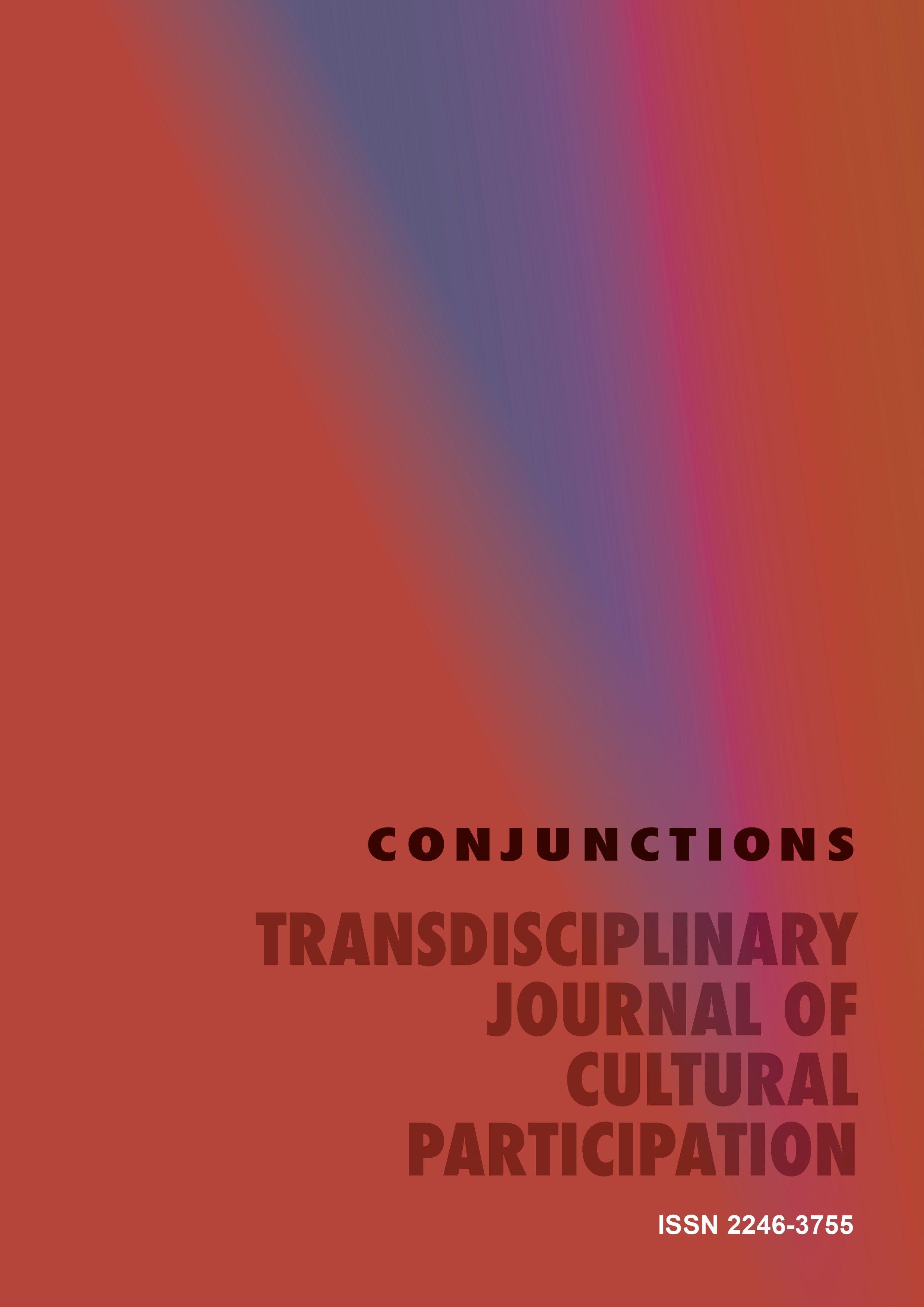
Norms and Storms of Participation
Vol. 11 No. 2 (2024)In this special issue, our “Norms and Storms” framing enables us to attend both to the (explicit or implied) rules that govern how taking part plays out and the unintended consequences of participation. This special issue emerges in a context of the proliferation and popularity of participatory approaches. “Co-production” and “public engagement,” for instance, are two institutionalized initiatives that have gained prominence in the UK and across Europe in recent years. Though prevalent in development discourses for decades (Leal, 2010), participation has been taken up with vigor post-2009 financial crisis, under austerity, with nation-states shoring up inadequate resources by “consulting,” engaging, and fostering imaginaries of outsourced citizenship. Where states fail to acknowledge the implications of cuts, a gap appears, into which step all manner of institutions. Schools run feeding programs; artists pitch for activities to service plummeting mental health; city managers invite playful public participation in planning sessions about urban regeneration; and patients are invited to participate in their general practice to give the impression of better healthcare. These kinds of initiatives are certainly better than nothing, but there’s not always a full sense of how arts and culture are replicating the projects of neoliberalism and furthering forms of liberal subjecthood.
The tensions evident in our contributions emerge at the particular conjuncture of neoliberalism in its desire to co-opt agency to ultimately achieve assimilation and control (Bala, 2018; Gamso, 2022; Harvie, 2013; Leal, 2010; Miessen, 2011). This tension is visible at several levels – in cities, in institutions, and in artistic practice. Each of these contexts presents different “cultures of participation” (Eriksson et al., 2020), invited, but seemingly pre-imagined.
-
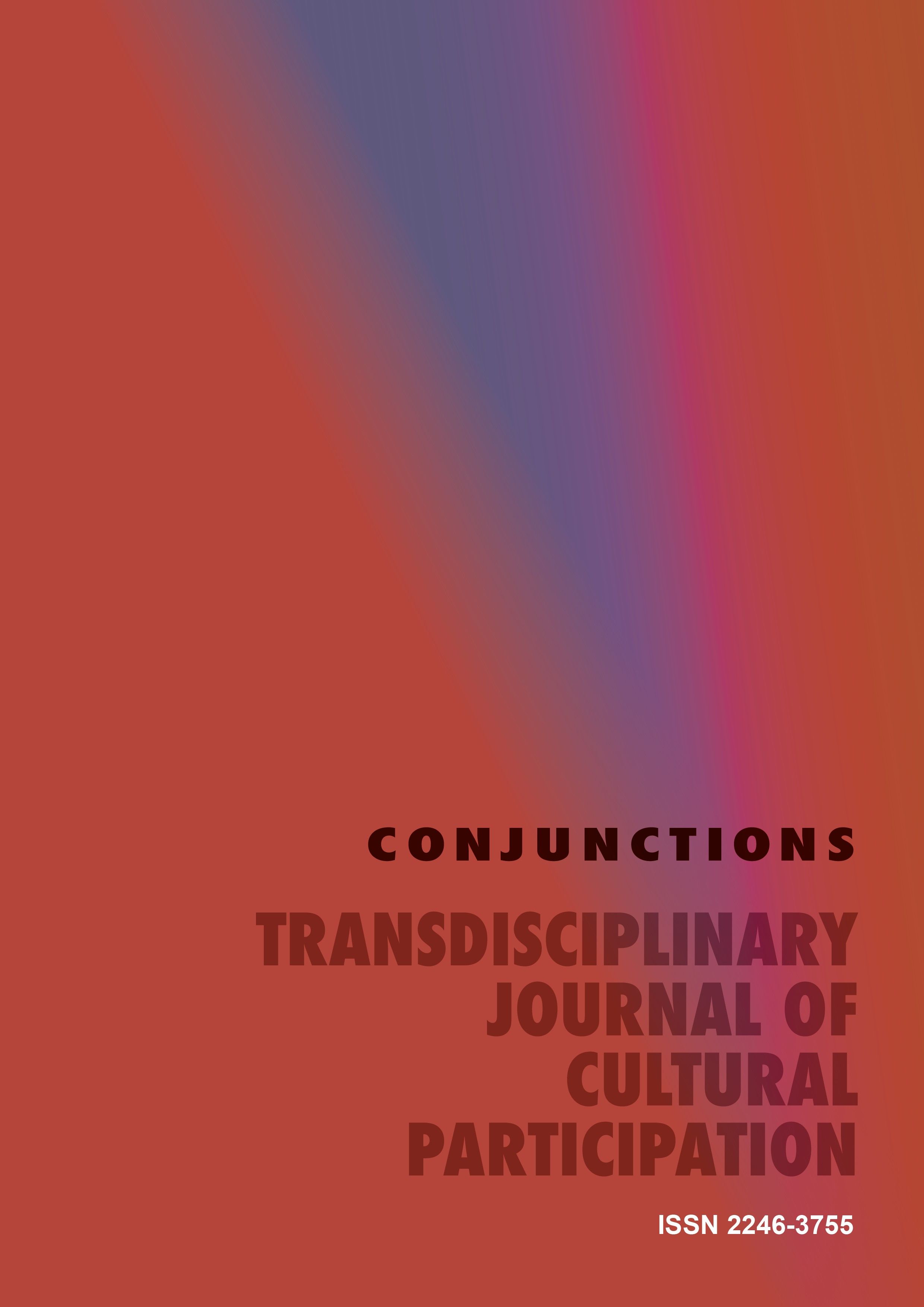
Experiencing Participation
Vol. 11 No. 1 (2024)While participation unfolds as an object of study in its own right across a variety of social practices, sectors, and disciplines, its experiential dimensions are underexplored. This is the case both when we understand the concept ‘experience’ as a demarcated intense and sensuous state/rupture and when we use it to designate the various ways that humans perceive and make sense of the world around them. Since the influential work by Sherry Arnstein (1969) and Carole Pateman (1979), much of the research on participation has dealt with how democratic values or motivations are met (or not met) in participatory initiatives within fields like public services, policy, digital media, and cultural institutions. Here we find categorizations like full/partial or true/fake participation, as well as critiques of participation for being either symbolic, tokenistic, or manipulative – or, as in Nico Carpentier’s distinction between access, interaction, and participation, not qualifying as participation at all (2012). Much of the research has developed conceptual frameworks on the different spaces, power imbalances, and framings of citizens in participatory processes (White, 1996; Cornwall, 2008; Kelty et al., 2015), or more practical guidelines on how to facilitate these processes in ways that pay attention to citizens’ interests and voices (Simon, 2010, 2016; Blanche, 2014). Alongside these investigations, some studies have focused on the outcomes of participation: the transformation of traditional institutional practices and discourses, and the challenge of established distinctions between professional and citizen, or between expert and lay knowledge (Byrne & Morgan, 2018; Eriksson, Stage & Valtysson, 2020).
Processes and outcomes, as well as consensual or dissensual values, are of course also experienced by the people who face, produce, and/or facilitate them. But much research is based on the point of view – and, to whatever extent they are realized, the participatory intentions – of institutions, organizers, experts, and professionals rather than on the perspective of citizen participants. Theories and empirical studies rarely explore the complex interplay between participation and experience. We therefore know little about, for instance, the differences between the experience of participating in a concert audience or crowd and the experience of a shift in power balance and influence – or between the experience of top-down facilitated and bottom-up self-organized participation. We also have limited knowledge of how the experience of participation changes over time, or of how various experiences of participation link to one another. Does repeated experience of participation, for instance, create expert participants? And what are the differences between participatory experiences that take place in museums, political movements, local neighborhoods, or social media publics?This special issue of Conjunctions focuses on these experiential dimensions of participation.
-

Challenging Academic Participation
Vol. 10 No. 1 (2023)This issue contributes to the growing criticisms of and challenges to participatory methods and cultural participation by focusing on ‘academic participation’. By academic participation, we refer to the use of participatory methodologies in academic research, but we also aim to expand the term by including reflections on the modes and conditions of taking part — willingly and unwillingly — in academic systems and institutions as such. The articles of this issue invite the reader to reconsider what and how participation looks like in the academy. Taken together, they suggest that we might need to broaden how we understand, apply and critique participation in academic research: from the participatory methods applied in specific research projects, to how we might foster a more participatory academic system that rejects the current individualization, financialization, and exploitation at play.
-
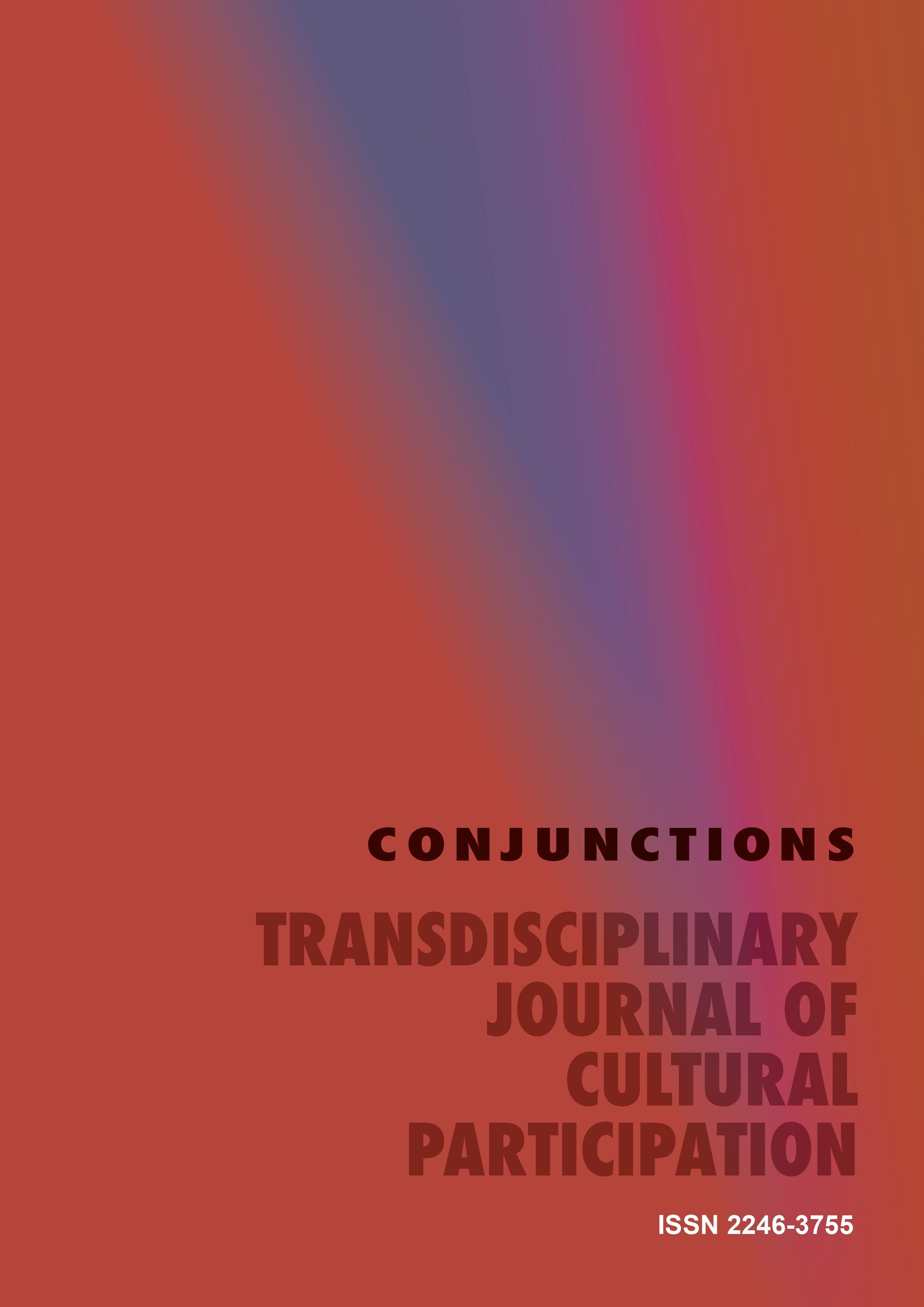
Designing for Play as Cultural Participation in Childhood. Seeking New Grounds
Vol. 9 No. 2 (2022)In 2021 the BIN network (Børneforskere i Norden - [Children’s Culture Researchers in the Nordic Countries]) invited researchers from all over the world to meet in order to explore potential relationships and bridges between two research areas, childhood studies and design, that share an interest in play as a topic of research. The conference invited both practitioners and scholars to participate to empower and enrich a landscape for conversation and development in order for the areas to inspire each other. Over 400 people from all over the world participated in sessions during the two-day conference. Based on the conference, we invited authors to contribute to this special issue of Conjunctions. Transdisciplinary Journal of Cultural Participation with the title Designing for Play as Cultural Participation in Childhood. Seeking New Grounds.
-
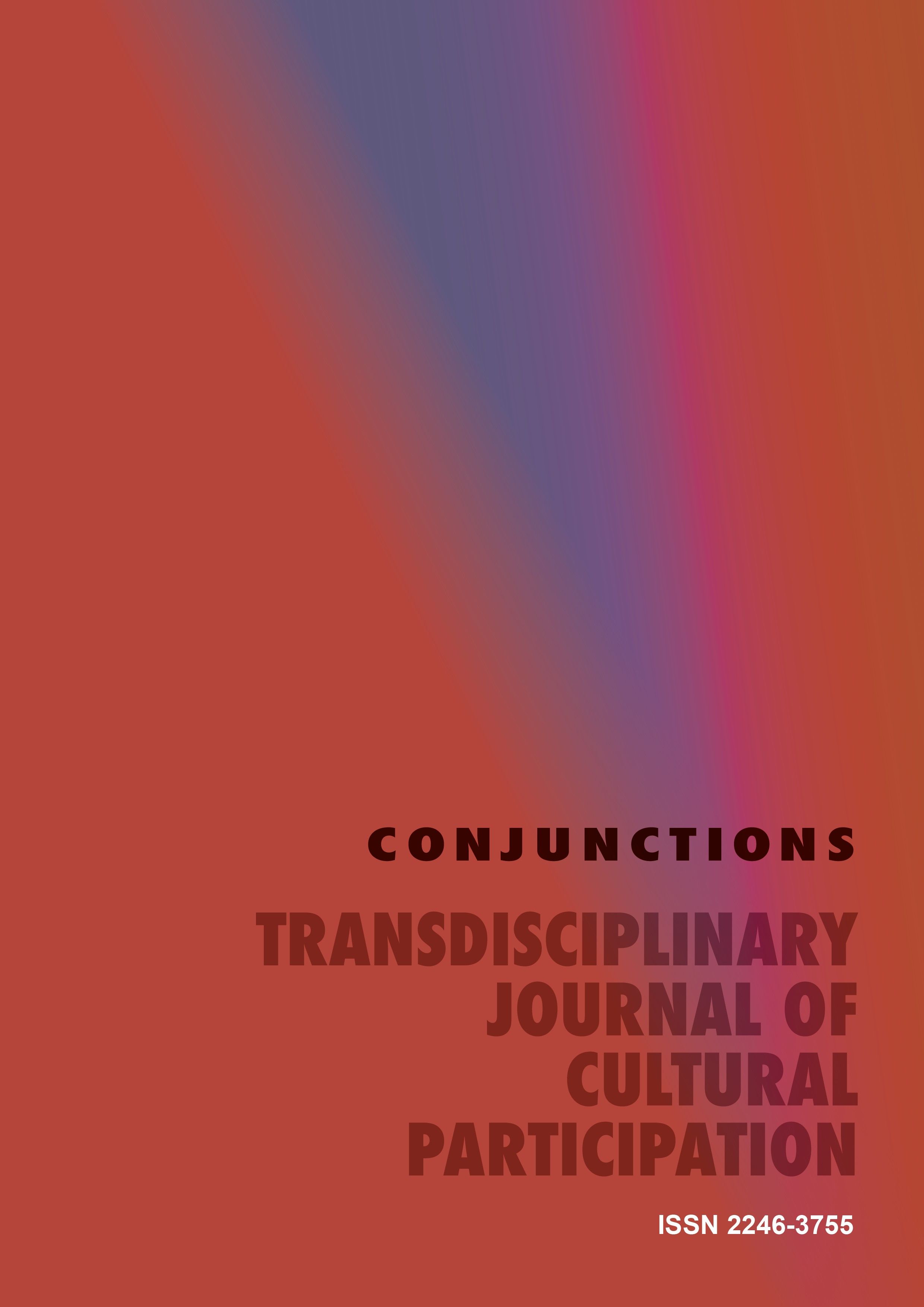
Death, Dying and Participatory Media + Open Section
Vol. 9 No. 1 (2022)Social and digital media have increased the potential for developing participatory practices of – and formats related to – death and dying. But what exactly happens to the materiality, language and politics of death and dying, when ordinary citizens are increasingly able to bypass traditional institutions through user-driven participation in media production, circulation and design? Has the power to shape processes linked to death and dying shifted from established authorities to ordinary users or rather to media and platforms with their own logics, affordances and restrictions? Will participatory media cultures motivate a wider and more creative set of practices related to death and dying? In addressing these questions, this issue seeks to explore how/if user-driven engagement with media is changing, widening, reproducing or limiting existing practices of death and dying – and thus to what extent user-driven media participation can be a vehicle for diversifying how we die and mourn.
-
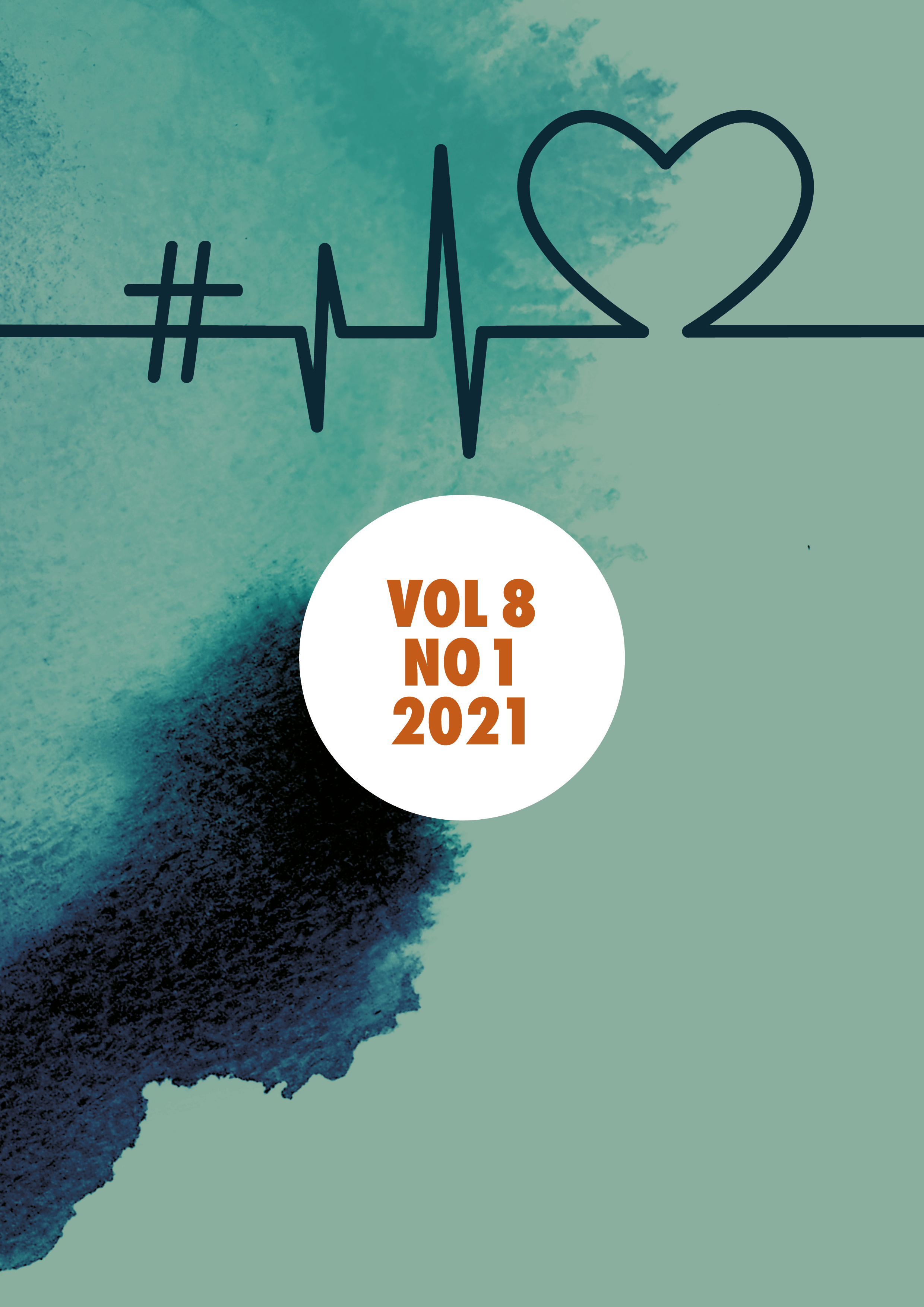
Health, Media and Participation
Vol. 8 No. 1 (2021)This special issue, entitled “Health, Media and Participation”, consists of seven articles that explore some of the different ways that media participation and health participation intertwine in contemporary media culture. In these seven articles, participation in health and media is addressed in the analysis of a variety of practices: Patients that use media to become participants in co-decision and self-care processes, patients and citizens being more or less able to use media to engage in (patient) communities, patients communicating with (and affecting) institutions and authorities in new mediated ways, health professionals using social media to create public awareness about politically urgent issues and health professionals co-designing digital learning technologies. The contributions are in this way united by taking an interest in the democratic potentials and dilemmas of participating in health through media participation. The issue also includes one open section article by Vaia Doudaki and Nico Carpentier. The special issue is edited by Maja Klausen, Anette Grønning and Carsten Stage.
-
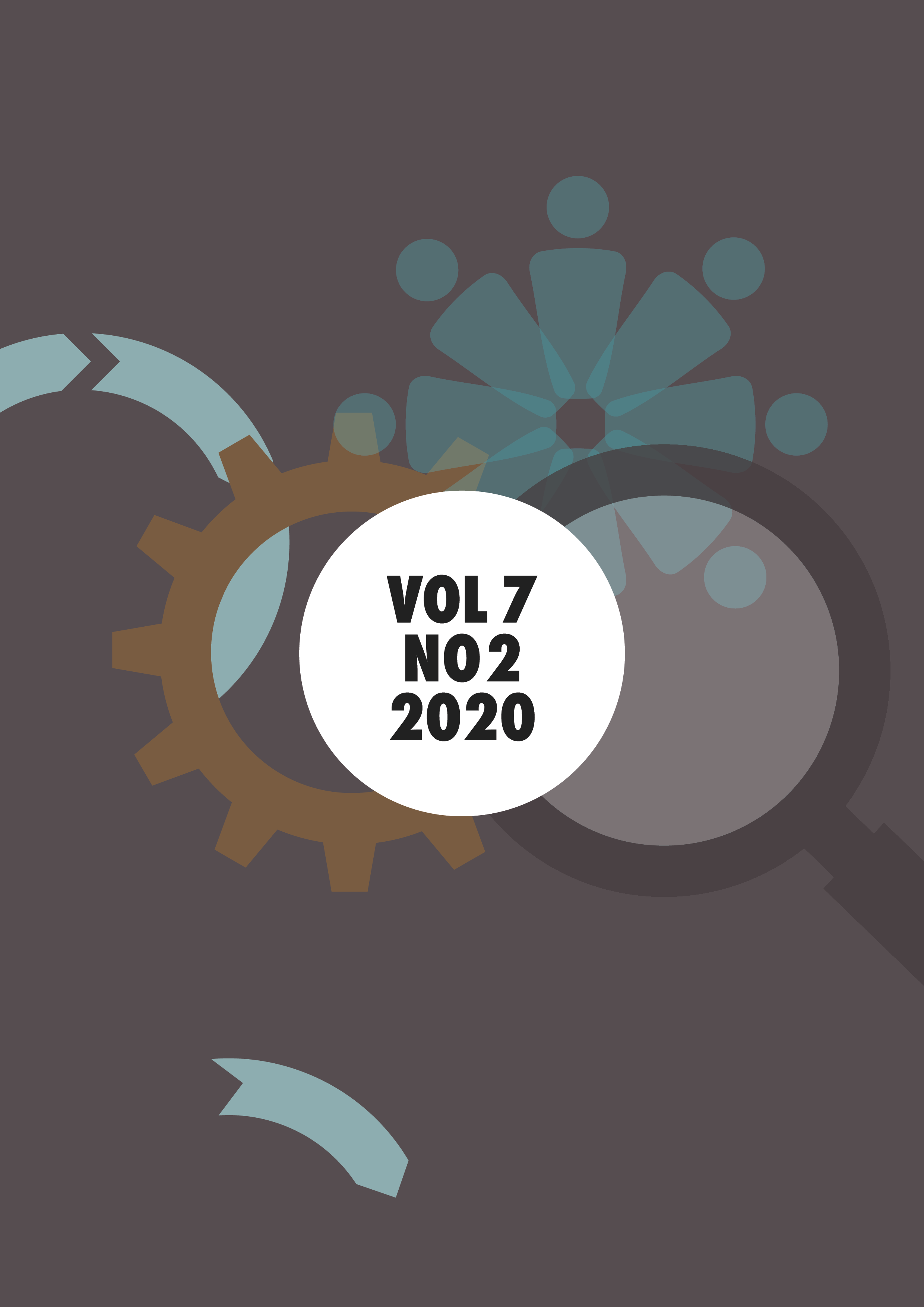
Failures in Cultural Participation
Vol. 7 No. 2 (2020)This special issue of Conjunctions is edited by Leila Jancovich and David Stevenson. It explores how cultural participation policies, projects, and practices could be improved through recognising the pervasiveness of past failures. The issue thereby attempts to challenge existing narratives of unqualified success by offering alternative narratives that consider failure from different perspectives and at different points in the design and implementation of cultural participation policies and projects. In doing so it highlights the extent to which success and failure coexist and the richness of insight that comes from considering both. This matters because it is only such open and honest critical reflection that has the potential to facilitate the social learning needed for those who can exert the most power in the cultural sector to acknowledge the extent of the structural change required for cultural participation to be supported more equitably.
-
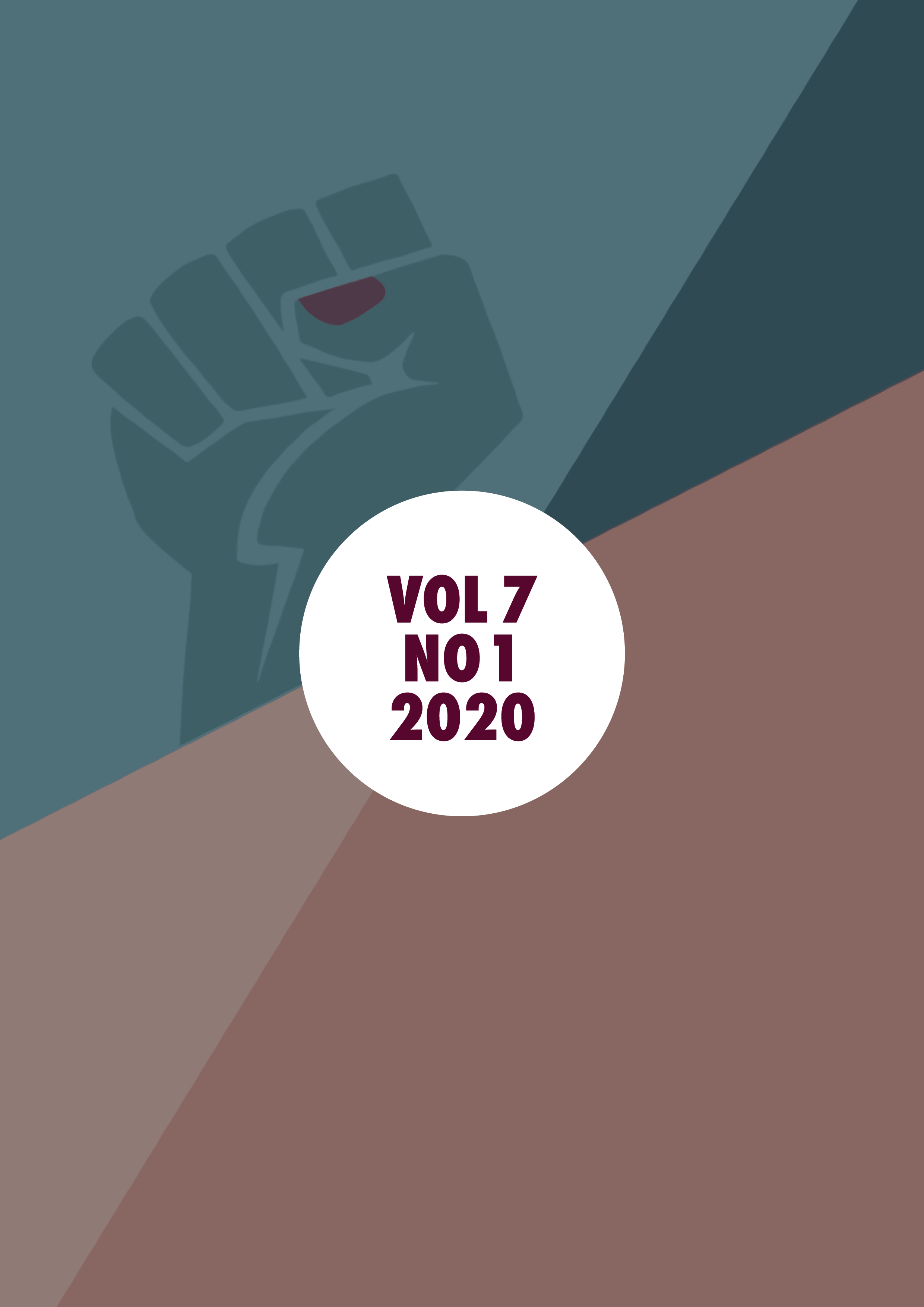
Feminism, Gender, Social Movements and Everyday Resistance
Vol. 7 No. 1 (2020)This special issue of Conjunctions is edited by Louise Fabian and Louise Yung Nielsen and bears the title Feminism, Gender, Social Movements and Everyday Resistance. It explores how feminism and women’s movements have made a substantial impact on different societies and cultures all over the world and have inspired the protest repertoires and analytical frameworks of both social movements and more informal forms of everyday resistance. Recurring themes in the contributions to this special issue are ‘mediatised activism’, ‘mobilisation of affect’, ‘online misogyny and reactionary movements of the far right’, ‘the body as a political site’ and ‘citizenship and the rights to have rights’. The issue ends with Nico Carpentier’s response to a book review by Peter Dahlgren in the previous issue of Conjunctions.
-
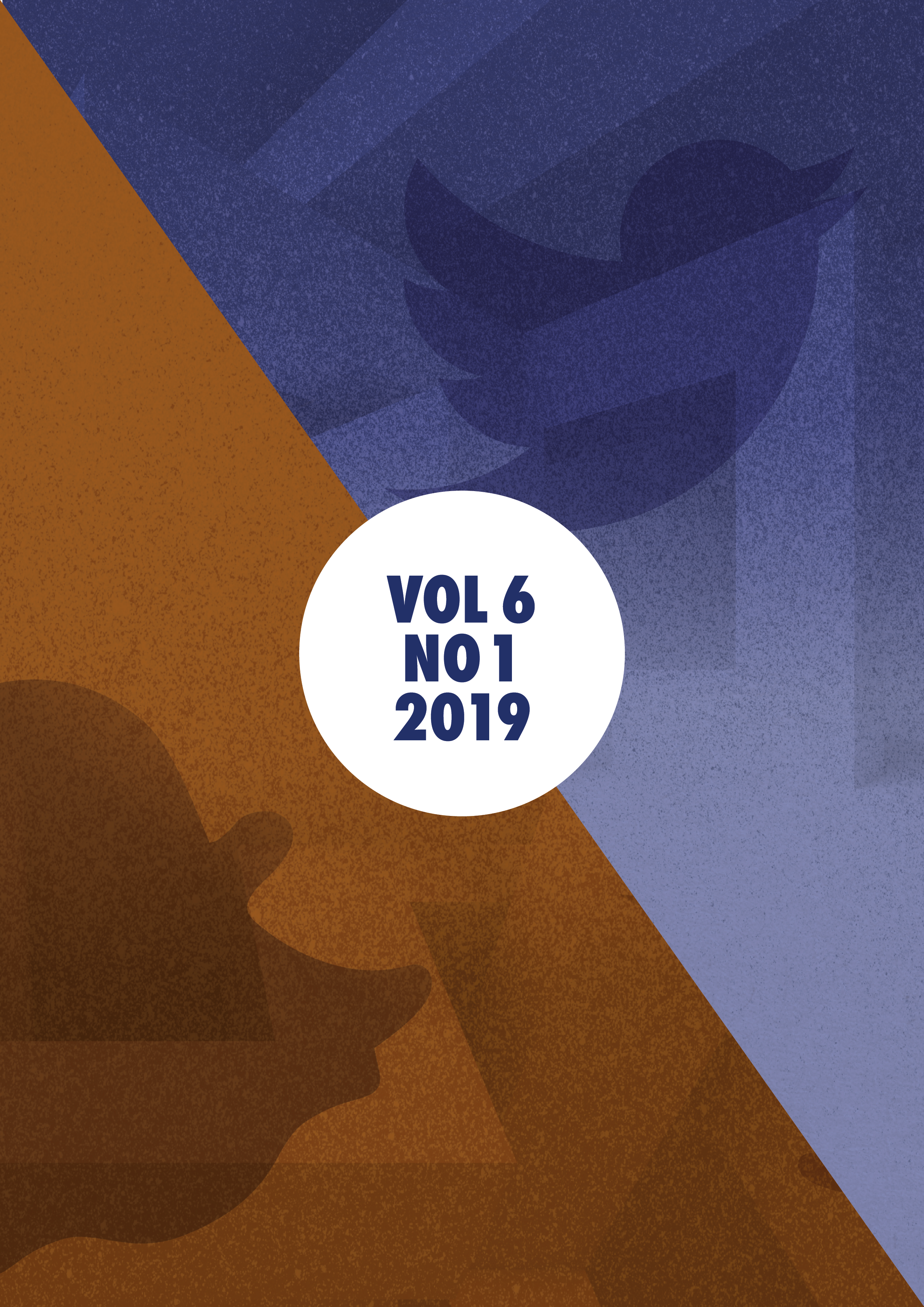
Cultural Participation, Social Media Affect and Art
Vol. 6 No. 1 (2019)This special issue of Conjunctions brings together seven academic articles that shed light on to two different fields: the affective and bodily dimension of social media participation and cultural participation in aesthetic activities, in- or outside institutions. The articles more specifically present new research from a range of national and global contexts on the participatory cultures related to faketuality, Hilary-hating, feminist podcasts, Zentrum Für Politische Schönheit, social art, art and cultural policy and youth participation in cultural institutions. The issue ends with a review of Nico Carpentier’s book The Discursive-Material Knot.
-
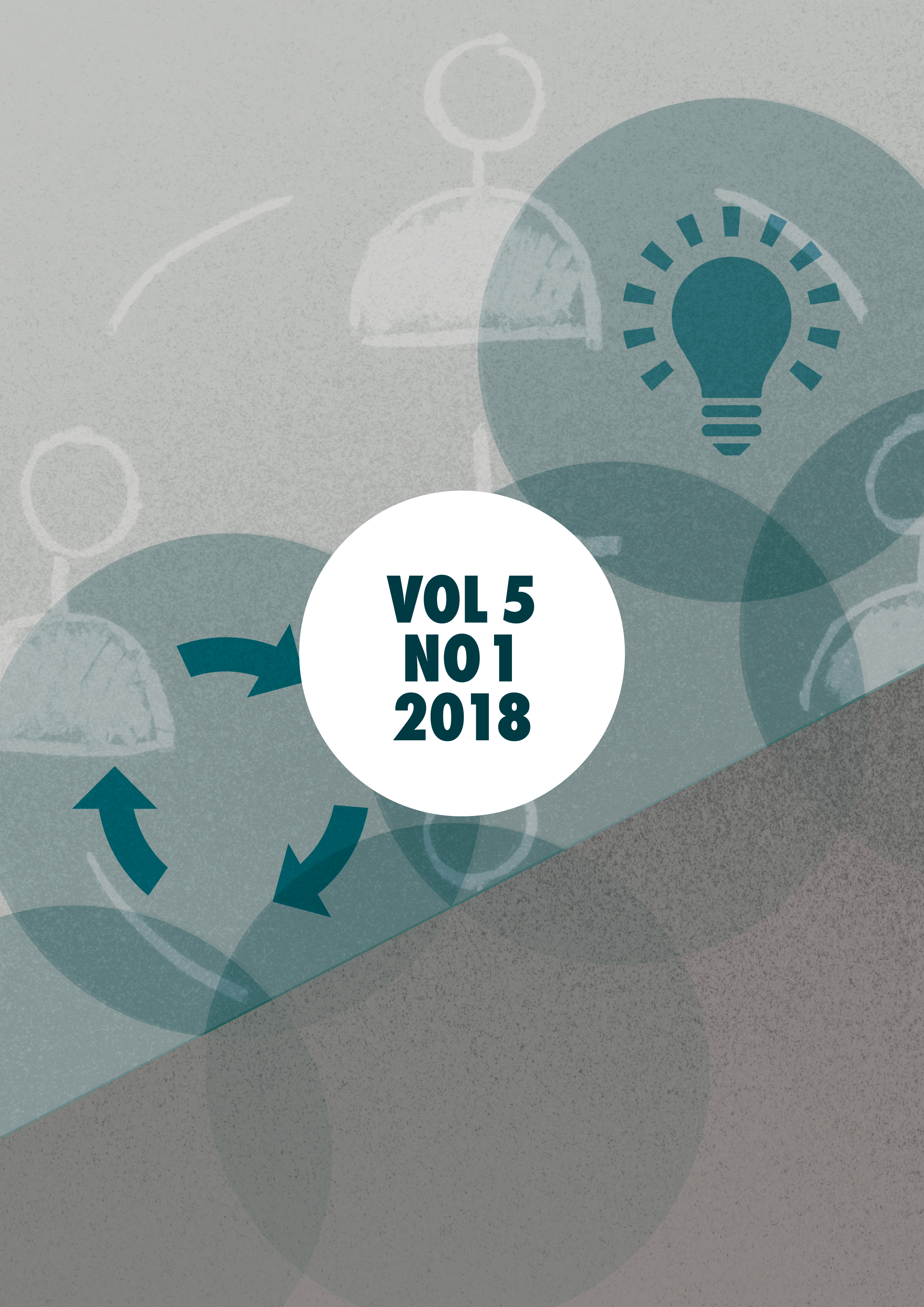
Community and Creative Research. Developing Participatory Methodologies
Vol. 5 No. 1 (2018)This special issue addresses the multiple ways in which community and creative research practices and methodologies can positively influence active citizenship and nurture social transformation. The issue consists of five peer reviewed articles, three “project experiences” and one interview. The five articles deal with creative and participatory research methodologies by focusing on small-scale specific contexts, like sensitive art practices in low-income neighborhoods, new perspectives on anthropological engagement, interactive film-making, collaborative research with circus artists and power distribution in peace-building processes. The project experiences bring us closer to a Portuguese UNESCO World Heritage site, to a Finnish project dealing with the arts as public service and to a Brazilian initiative dealing with social currency and labor activities to face marginalization. Finally, the interview addresses theoretical and methodological issues in the field of cultural participation, coming from Eastern Europe. In this way, the special issue covers a range of perspectives on and approaches to cross-cultural participatory methods and creative research tools that allow us to work from a society-friendly point of view in dealing with society’s fragilities, necessities or unexplored potentials.
-

Playful Participation II
Vol. 4 No. 1 (2017)Play is a powerful source in people’s encounters with their everyday life, surroundings and society. Further, play is increasingly intertwined with a range of different fields, from learning, exercising, city planning to creative work relations. Identities are built through playful interactions with games and social media, playful learning engages students’ abilities and competencies, and organisations use play as a motor for innovation and engagements. The attempts to utilize playful behaviour in cultural, educational as well as organisational contexts reveal tensions when rational social organization meets forms of playful participation that are less bound by instrumental obligations. The articles in this issue ask: what exactly is playful participation? and: How might playful encounters motivate participation? To what extent can playful participation be utilised for e.g. cultural or educational purposes without losing sight of ‘being playful’? And how does playfulness challenge pre-established norms of participation?
-
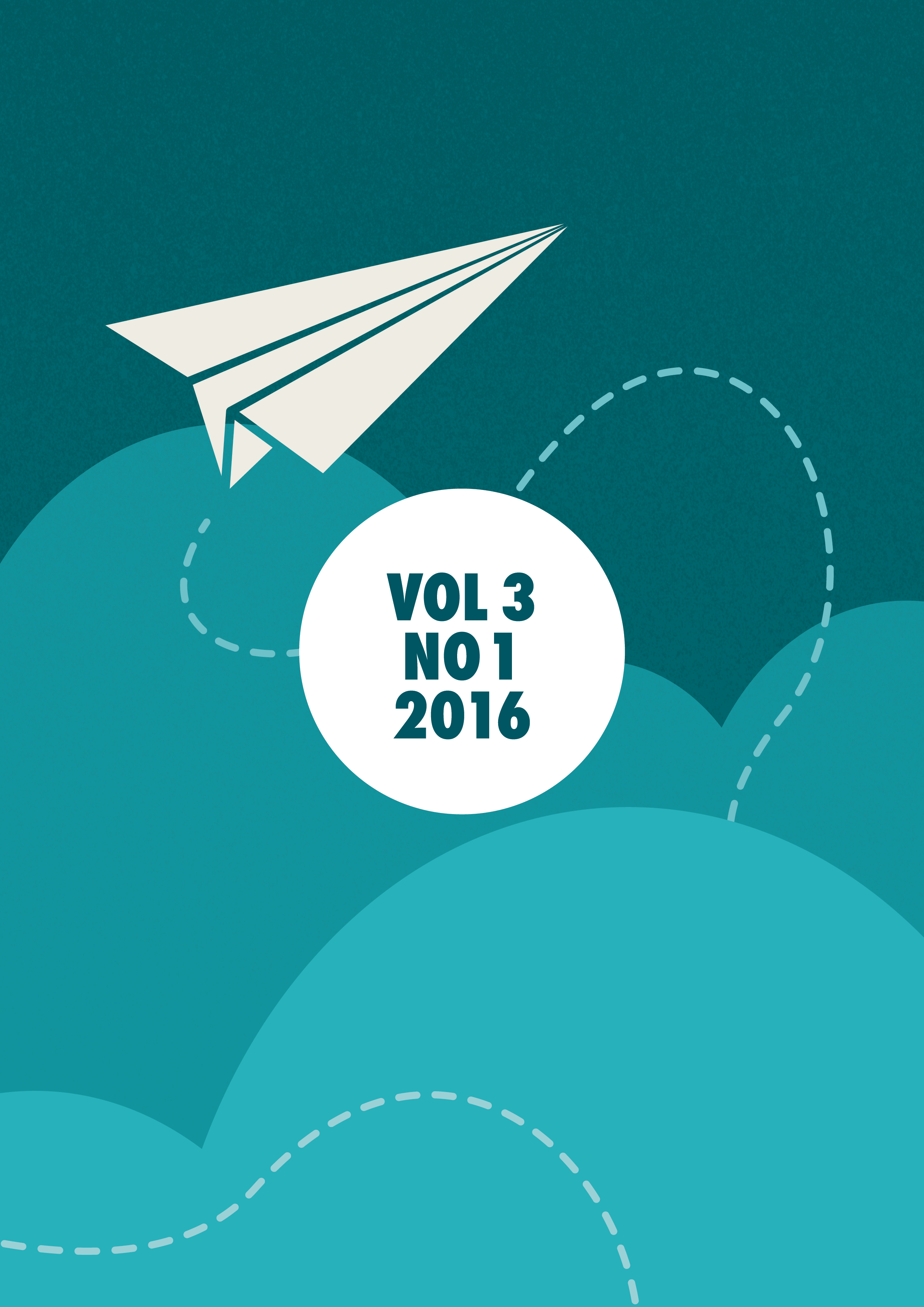
Playful Participation
Vol. 3 No. 1 (2016)In 2015 we began, in collaboration with the NGO CounterPlay, to prepare a call for papers on playful participation. Due to the collaboration with CounterPlay we decided to invite both academics and practitioners to contribute. We knew that this would result in very diverse forms of articles. But what we didn’t expect was the interest from academics to publish articles on the kinds of work that they do in collaboration with practitioners. These kinds of collaborations are often difficult to fit into the normal form of academic publications. The result of our call was thus a number of articles that are examples of the kinds of transdisciplinary ventures that Conjunctions was launched to investigate. The articles are examples of collaborations between different kinds of participants, disciplines and institutions. Taking this transdisciplinary approach as a starting point the articles in this issue investigate what playful participation is, how playful encounters might motivate participation, to what extent playful participation can be utilised for e.g. cultural or educational purposes and how playfulness challenges pre-established norms of participation.
-
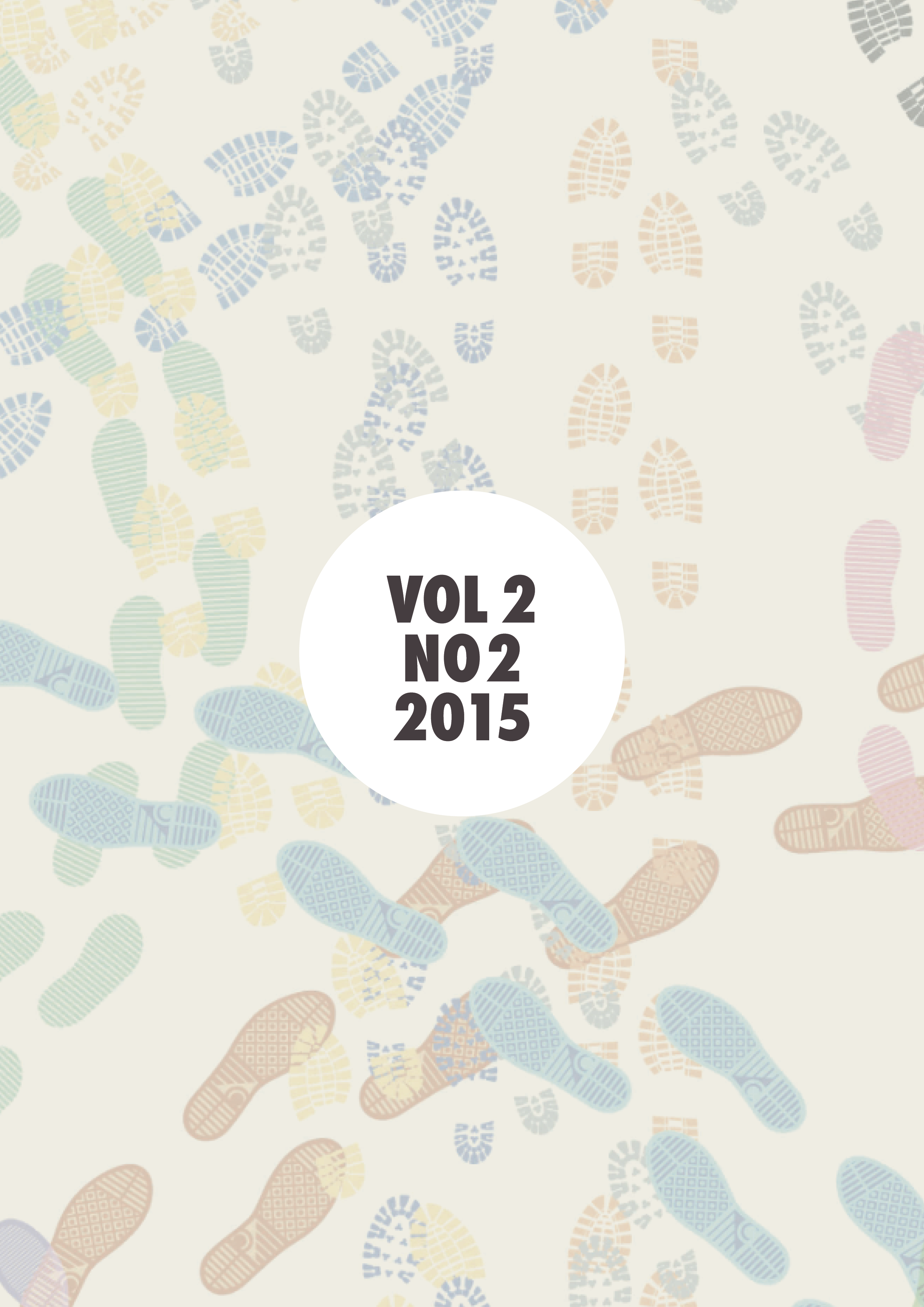
Participation across Institutional and Disciplinary Boundaries
Vol. 2 No. 2 (2015)The concept of participation has become increasingly important in a range of institutions and disciplinary contexts. The different institutional and disciplinary fields often interact indirectly by building on the same or interconnected ideals, logics and discourses or by using the same or similar theories. But it is quite rare that spaces enabling interaction and learning about cross-institutional and cross-disciplinary participation are created. This special issue is an attempt to do just that, and thus also to stress the importance of such transdisciplinary ‘spaces’ of learning and knowledge. By facilitating such transdisciplinary spaces this issue strives to: show how various disciplines understand, use and design ‘participation’; learn from already established insights and faults; potentially develop common understandings of what participation is; understand how ideal and processes of participation are linked to structures of power; and create better tools or models to explore, valuate and create participatory values, qualities and effects among researchers and practitioners. The articles in the issue are dealing with participatory processes in healthcare, political NGOs online, the cultural sector, education, employment and urban design.
-
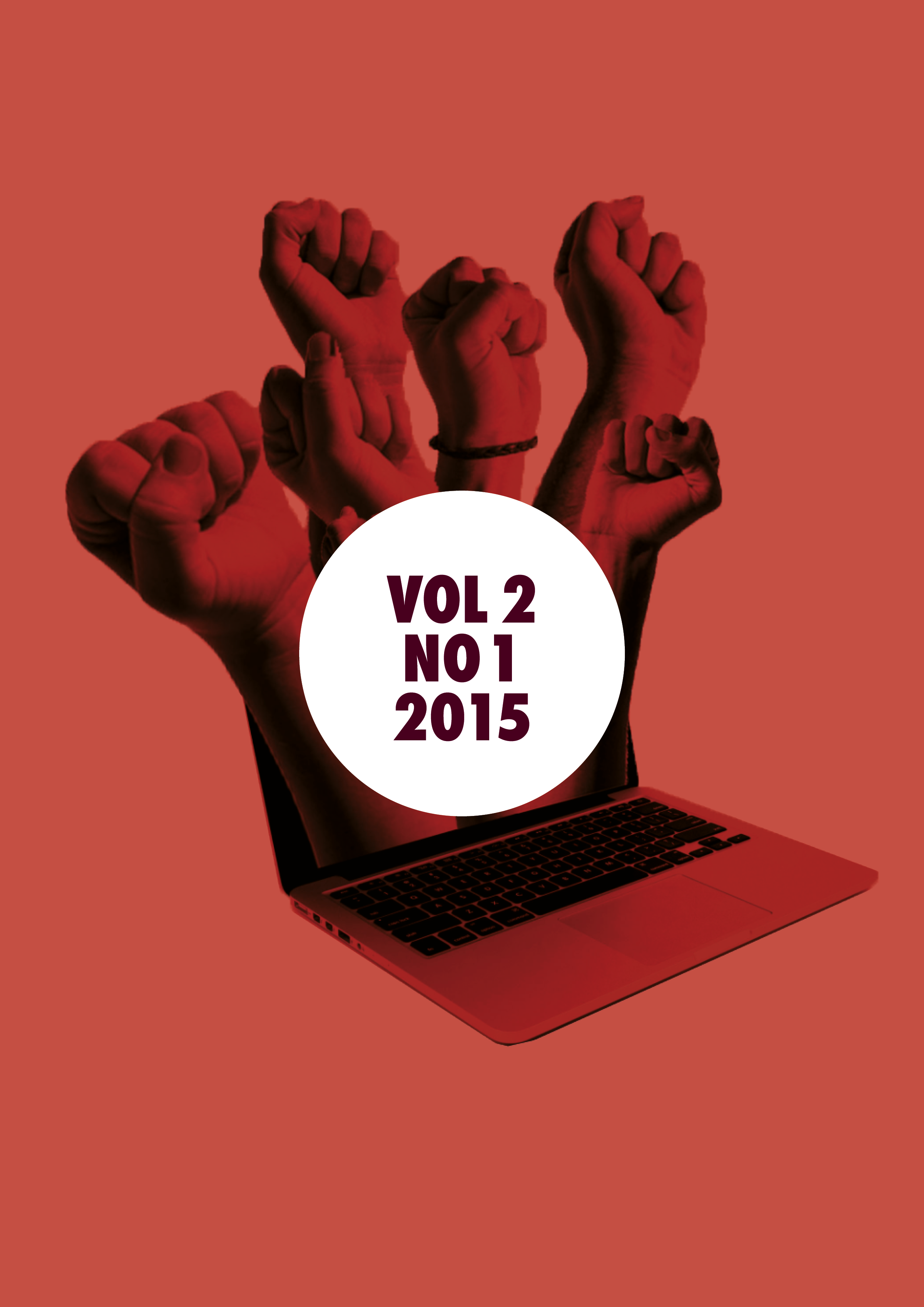
Mediatized Cultural Activism
Vol. 2 No. 1 (2015)The articles in this special issue of Conjunctions are investigating and theorization new and emerging forms of participatory politics and the ways in which cultural activism is transformed in relation to different forms of mediatized practices. The articles address several topics of concern: 1) First, the articles address questions of what a politics of participation – and of collectivities – might be in the Anthropocene, 2) the articles address the assemblage of events in mass movements’ resistance of state power, 3) the articles investigate local responses to mediatized events, and 4) the articles address action repertoires that are often overlooked when engaging with mediatized activism, namely mediatized cultural activism conducted by extreme right groups, activism that deliberately shames humanitarian forms of participation, and finally mediatized cultural activism that is not necessarily media-savvy and vocal, but rather thrives in and through silence.
-
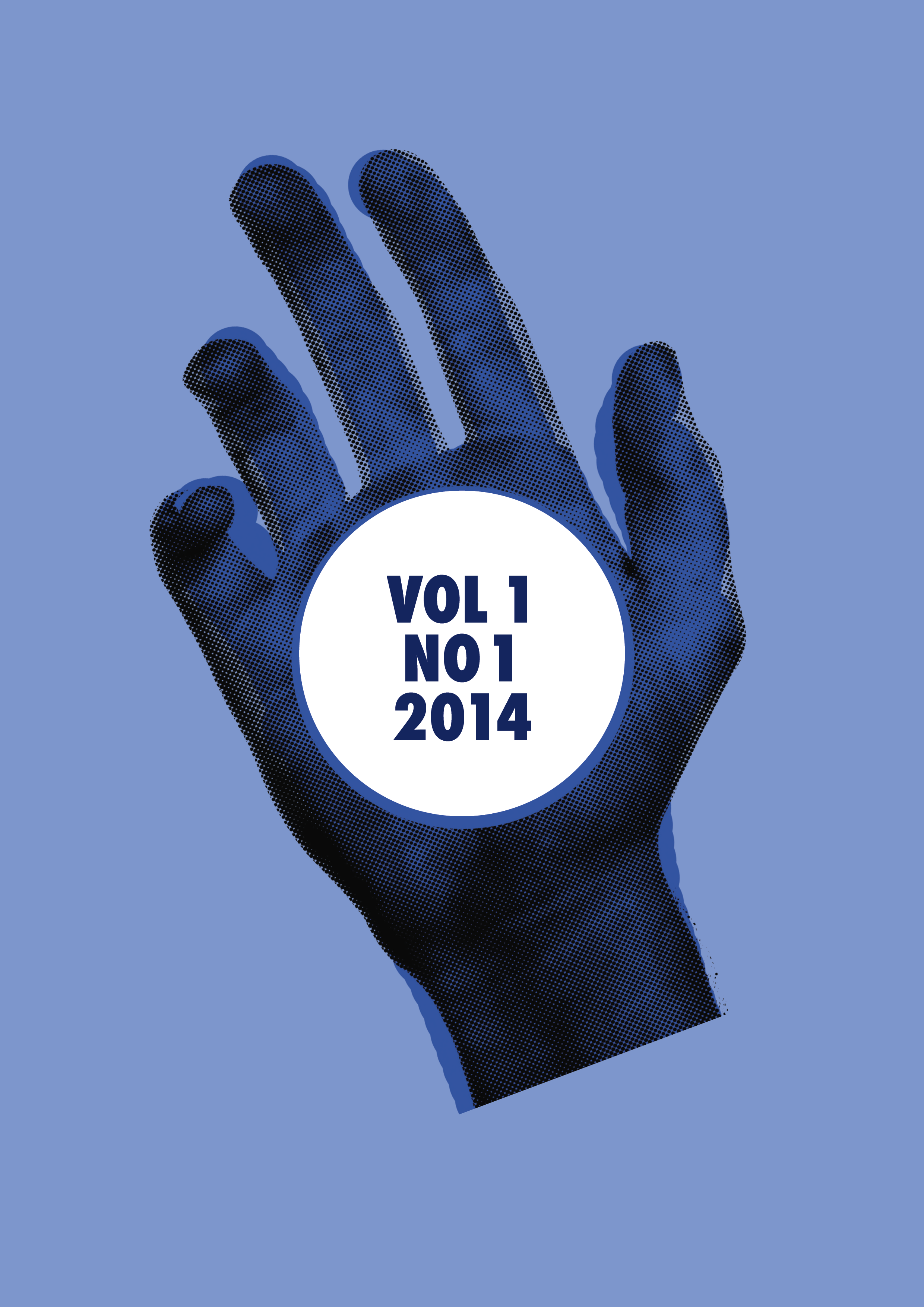
Participatory Cultural Citizenship
Vol. 1 No. 1 (2014)The recent participatory turn of contemporary cultural analysis and theory has high hopes in terms of democratic activation and empowerment of non-institutional voices (Jenkins 2006, Fenton 2008, Bruns 2008, Gauntlett 2011, Lievrouw 2011) and it has given rise to notions of the end of what was previously known as the passive audience/spectator, emergent collaborative working processes and to concepts such as participatory culture, DIY-culture, DIY urbanism, co-creation, produsage, creative place-appropriation, everyday creativity, participatory planning, social production and social entrepreneurship. Yet it has also, over time, raised concerns regarding the type of democratic interaction and citizen voicing enabled (Hess 2009, Couldry 2010, Fuchs 2013). From these perspectives the articles in this special issue address questions of Participatory Cultural Citizenship and investigate the opportunities, limits and challenges of collective creation and citizen empowerment and evaluate the political potentials or impacts of cultural participation.



